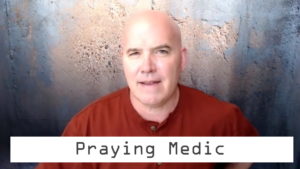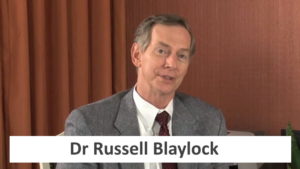In a press release on April 24, 2020, the FDA "warned providers not to use the anti-malaria drugs chloroquine and hydroxychloroquine to treat COVID-19 patients outside of a clinical trial or hospital setting because the drugs could cause patients to experience "serious heart rhythm problems." [1] On March 28, 2020, the FDA has granted Emergency Use Authorisation (EUA) for the use of "hydroxychloroquine and chloroquine products donated to the Strategic National Stockpile (SNS) to be distributed and used in limited circumstances, such as for certain hospitalized patients with COVID-19." Thus with this wording on the EUA for an already approved drug, doctors felt they could not prescribe it for out-patients. On Sunday April 5, 2020, "Vice President Pence announced that a 3,000-person study on the effectiveness of hydroxychloroquine as a COVID-19 treatment would take place at Henry Ford Hospital." Which turned out to have a mortality benefit. By June 15, 2020 the FDA REVOKED the EUA for HCQ on the back of the fraudulent Lancet study (published May 22, 2020) alleging heart problems, but RETRACTED on June 4, 2020. All official studies were done in hospitalised patients, including the WHO Solidatiry trials with excessive dosages, where as success on the ground..
> READ MORE




